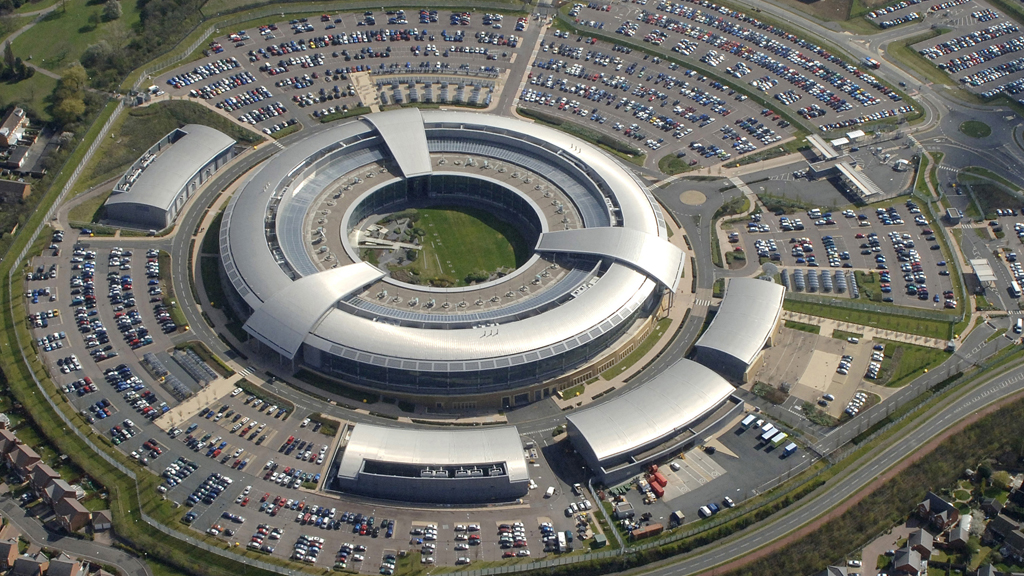GCHQ ‘to reveal links to US eavesdropping network’
Britain’s GCHQ listening post will give parliament’s intelligence and security committee full details of its links to the American Prism programme, according to chairman Sir Malcolm Rifkind.

The news follows reports that British spy agencies had given access to intelligence gathered by US surveillance of phone records and internet servers including Google, Facebook, Microsoft, Apple, Yahoo and Skype.
Sir Malcolm said: “The ISC is aware of the allegations surrounding data obtained by GCHQ via the US Prism programme. The ISC will be receiving a full report from GCHQ very shortly and will decide what further action needs to be taken as soon as it receives that information.”
The Guardian said it had seen leaked documents showing that GCHQ had access to Prism since at least June 2010 and the US network was said to have generated 197 intelligence reports through the system in the 12 months to May 2012 – a 137 per cent increase on the previous year.
According to the newspaper, using the Prism programme appeared to allow the Cheltenham-based intelligence-gathering centre to circumvent the legal process usually required to obtain personal material like emails, photographs and videos from internet companies based outside the UK.
Our work is carried out in accordance with a strict legal and policy framework which ensures that our activities are authorised, necessary and proportionate. GCHQ statement
GCHQ said in a statement: “GCHQ takes its obligations under the law very seriously.
“Our work is carried out in accordance with a strict legal and policy framework which ensures that our activities are authorised, necessary and proportionate, and that there is rigorous oversight, including from the Secretary of State, the Interception and Intelligence Services Commissioners and the Intelligence and Security Committee.”
Prism was said to have been established in 2007 under President George Bush and renewed last year under Barack Obama to provide in-depth surveillance of live communications and stored information on overseas suspects.
According to the leaked document, “special programmes for GCHQ exist for focused Prism processing” – suggesting the British agency may have been receiving material from a part of the programme specifically designed to meet its needs.
Former shadow home secretary David Davis said the programme appeared to allow the state to “spy on who they like”, adding: “It is actually quite a scandal”.
The first government minister to speak on the subject, International Development Secretary Justine Greening, told Channel 4 News: “Everybody is interested to get more details about exactly what the basis is for these stories that have appeared in the Guardian.
- Chapters
- descriptions off, selected
- subtitles off, selected
- captions settings, opens captions settings dialog
- captions off, selected
This is a modal window.
This is a modal window. This modal can be closed by pressing the Escape key or activating the close button.
“We have to look at these details and then no doubt people in parliament will want to ask questions about whether they think that approach is appropriate.
“I think we will need to look at what those details are and what in practise has actually been happening, and what the safeguards are around it too.”
Shadow home secretary Yvette Cooper said: “It is important for the UK intelligence community to be able to gather information from abroad including from the United States, particularly in the vital counter-terror work they do.
“However, there also have to be legal safeguards in place, including proper protection for British citizens’ privacy, proper oversight and checks and balances to make sure intelligence powers are not misused.”
‘A breach of trust on the grandest scale’
Shami Chakrabarti, director of civil rights group Liberty, said: “These reports suggest a breach of trust on the grandest scale with the US Government, Internet Service Providers and our own UK intelligence community showing contempt for privacy, legality and democracy itself.
“Don’t we still believe that spies should be accountable to the public they serve and protect? This is the kind of arrogance behind the attempted ‘snoopers’ charter’. Have those who failed to persuade in the parliament chamber decided to smuggle blanket surveillance in through the back door?”
Google hits back
Meanwhile, Google has issued a strong denial that it allows the US government to access its servers. The search firm’s chief legal officer David Drummond said: “We cannot say this more clearly – the government does not have access to Google servers…It is quite wrong to insinuate otherwise.
“We provide user data to governments only in accordance with the law. Our legal team reviews each and every request, and frequently pushes back when requests are overly broad or don’t follow the correct process.”